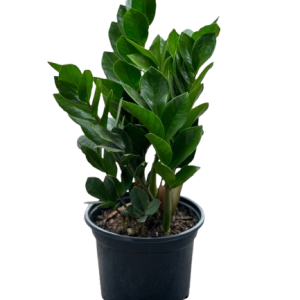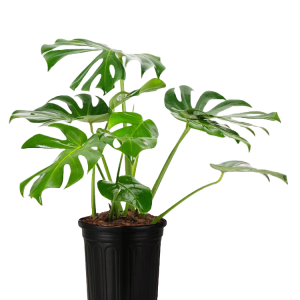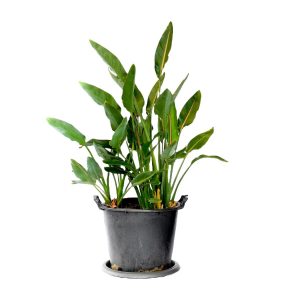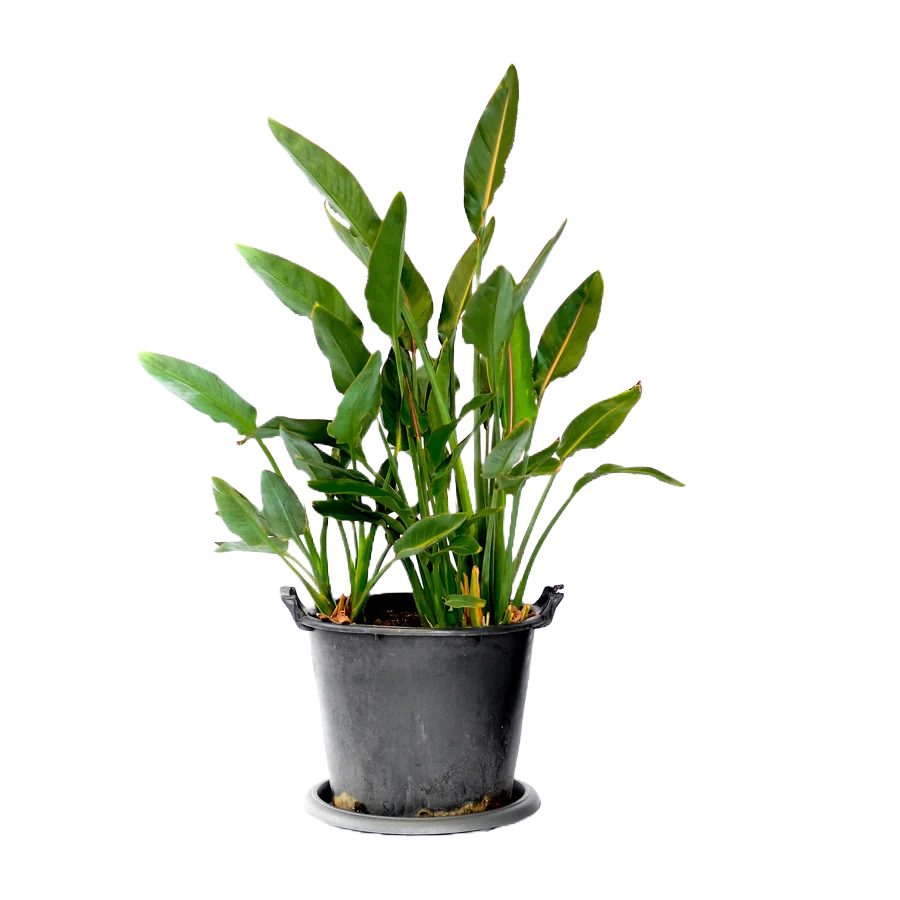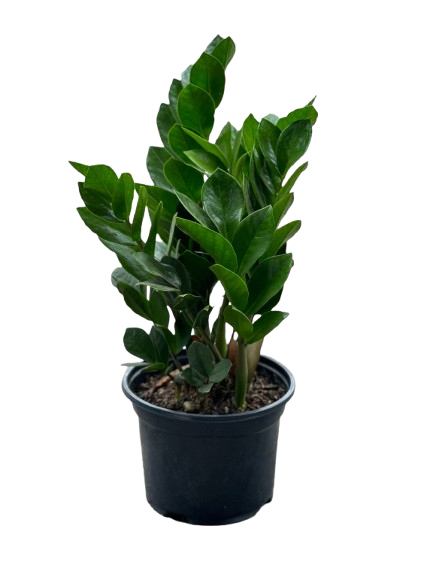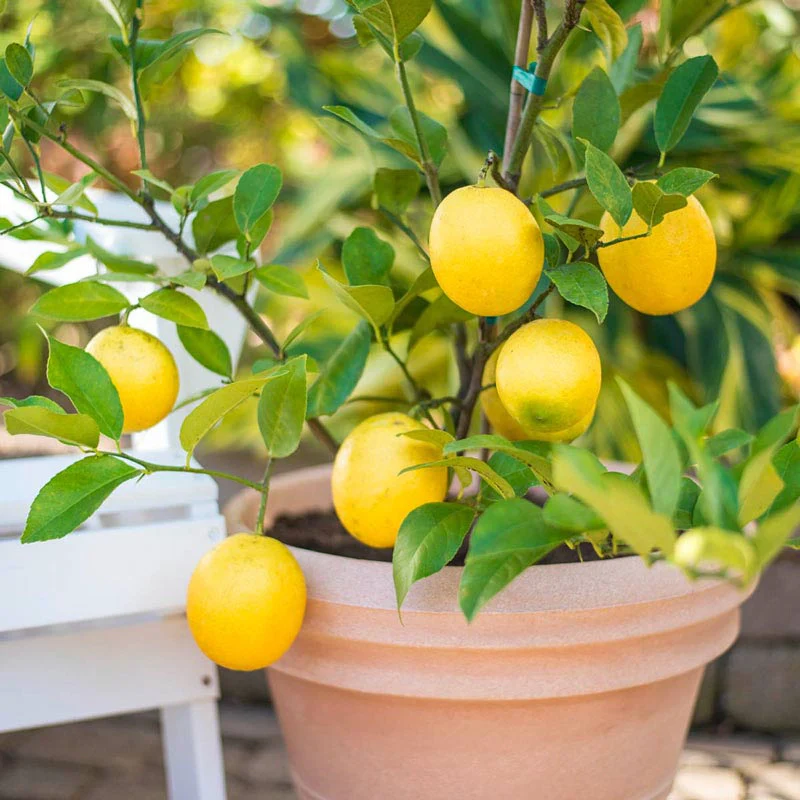
Why Grow a Meyer Lemon Tree?
- Fragrant Blooms: Produces white, aromatic flowers almost year-round, filling your garden with a refreshing citrus scent.
- Compact Size: Perfect for patios, balconies, or small gardens — can be grown in pots or directly in the ground.
- High Yield: Bears juicy, golden-yellow fruits ideal for juices, cooking, and desserts.
- Low Maintenance: Hardy, adaptable, and easy to care for — great for beginner gardeners.
- Air Purifying: Adds lush greenery while improving indoor air quality.
Cultural and Historical Significance
First brought from China to the United States by agricultural explorer Frank Meyer in the early 1900s, the Meyer Lemon has since become a symbol of home gardening elegance. In Chinese culture, citrus trees represent luck, prosperity, and positive energy, often gifted during the Lunar New Year. In the Mediterranean, lemon trees have long been associated with hospitality and abundance, their scent evoking warmth and welcome. Today, the Meyer Lemon continues this heritage — a living emblem of sunshine and sweetness in every home.
Ideal Growing Conditions in Kenya
- Sunlight: Full sun — at least 6 to 8 hours daily.
- Soil: Well-drained, loamy soil enriched with compost.
- Watering: Keep soil evenly moist but not waterlogged. Deep watering once or twice a week is ideal.
- Temperature: Thrives in warm to mild climates; perfect for regions like Nairobi, Nakuru, and the Rift Valley.
- Fertilizer: Apply a balanced citrus fertilizer every 2–3 months during the growing season.
How to Plant a Meyer Lemon Tree
- Select a sunny, sheltered location or a large pot with drainage holes.
- Mix garden soil with compost and a bit of sand to improve drainage.
- Place the tree in the hole or container so that the root crown sits slightly above the soil line.
- Water thoroughly after planting and mulch around the base to retain moisture.
- Stake young trees to support them against strong winds.
Care and Maintenance Tips
- Prune lightly after fruiting to shape and remove dead or crossing branches.
- Water deeply during dry spells; avoid wet feet.
- Fertilize with citrus-specific nutrients rich in nitrogen and magnesium.
- Watch for pests like aphids or citrus leaf miners and treat with organic neem oil.
Fruit and Harvest
The Meyer Lemon tree typically begins fruiting within two to three years of planting. The lemons turn a rich golden color when ripe, with thinner skin and a sweeter flavor than standard lemons. The fruiting season often peaks in late winter to early spring, though in warm climates, the tree may produce multiple flushes of flowers and fruit year-round.
Growing Meyer Lemons in Containers
This citrus variety thrives in containers, making it ideal for urban gardeners. Use a large pot (at least 40 cm wide), well-draining soil, and place the tree in a sunny spot. Container-grown lemons may need more frequent watering and monthly feeding with liquid fertilizer.
Common Pests and Problems
Meyer Lemons are relatively resilient but can be affected by aphids, whiteflies, scale insects, and root rot. Ensure good air circulation, avoid overwatering, and regularly inspect leaves for pests. Pruning and neem oil sprays help keep the plant healthy naturally.
Pet Safety
Note: Lemon leaves and unripe fruits contain mild toxins that can irritate pets. Keep out of reach of cats and dogs if grown indoors.
Where to Buy Meyer Lemon Trees in Kenya
Get your Meyer Lemon Tree (Citrus × meyeri) today from Plantify.co.ke — Kenya’s trusted source for quality plants, pots, and expert garden advice. Whether you’re growing for fruit, fragrance, or beauty, this citrus gem is a rewarding addition to any home garden.
Final Thoughts
The Meyer Lemon Tree embodies sunshine, vitality, and sweetness. With minimal effort, it rewards you with fragrant blooms and juicy lemons that brighten your kitchen and home. Perfect for gardeners who want to grow something both beautiful and useful — the Meyer Lemon is a true symbol of abundance
Plantify.co.ke — inspiring green spaces and home-grown wellness across Kenya.
Recent Posts
- Asiatic Lily Bulbs in Kenya: Vibrant Color, Easy Growth & Garden Beauty
- Dendrobium Orchids: Elegant Blooms, Easy Care & Indoor Beauty
- Vanda Orchids: Vibrant Colors, Air-Grown Beauty & Elegant Displays
- Vriesea Bromeliads in Kenya: Elegant, Colorful & Easy to Grow
- Manuka : Beauty, Healing & Natural Resilience

